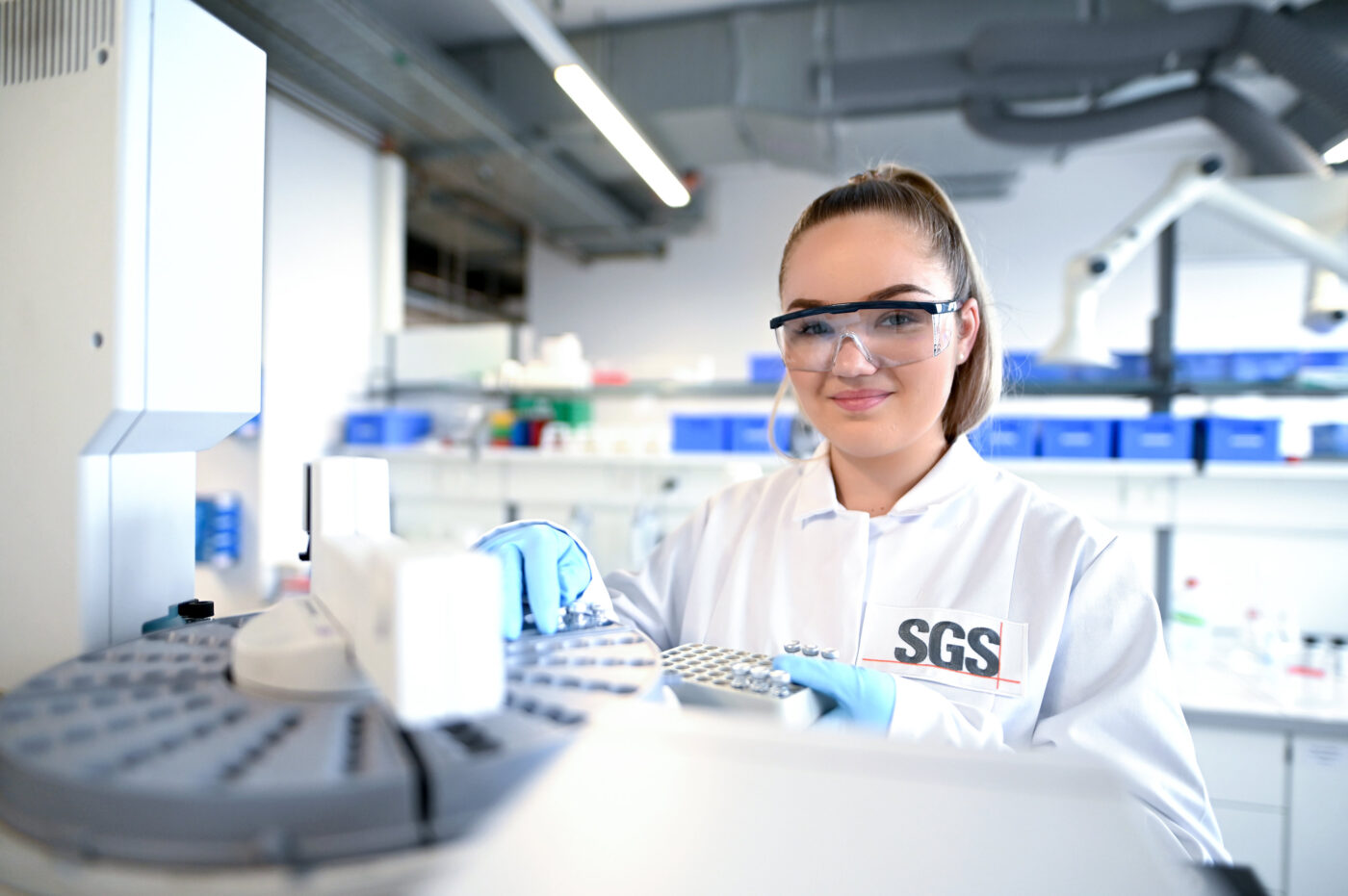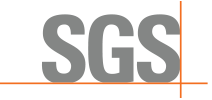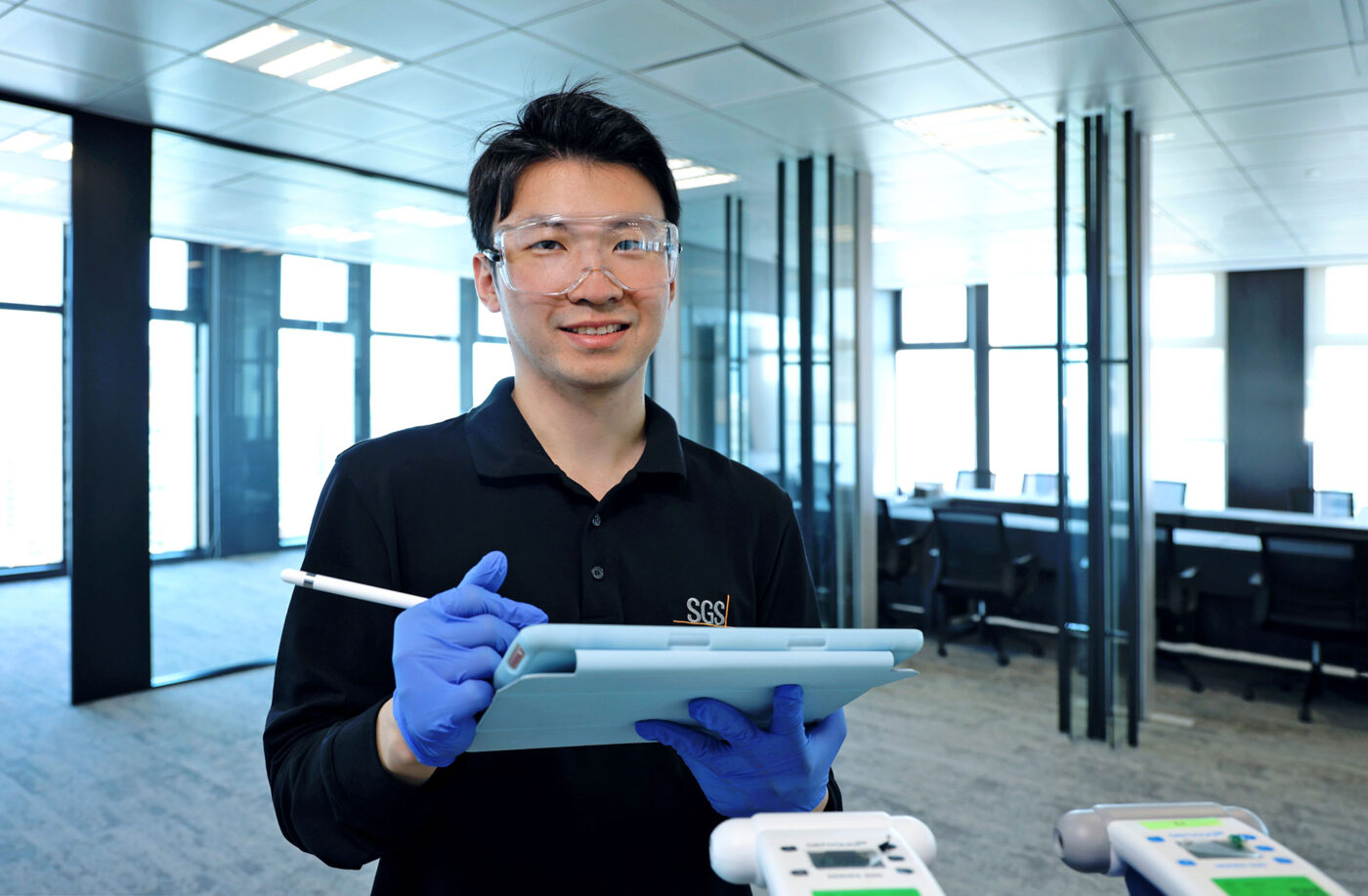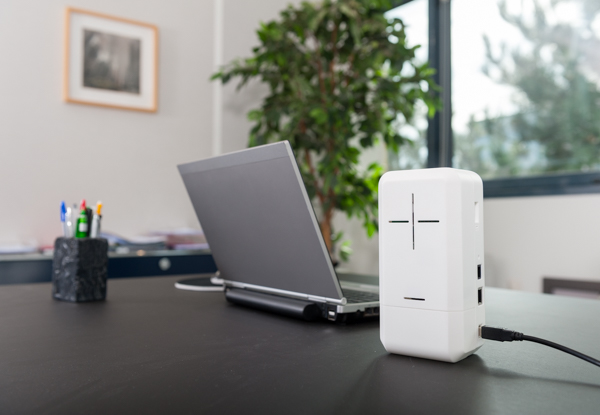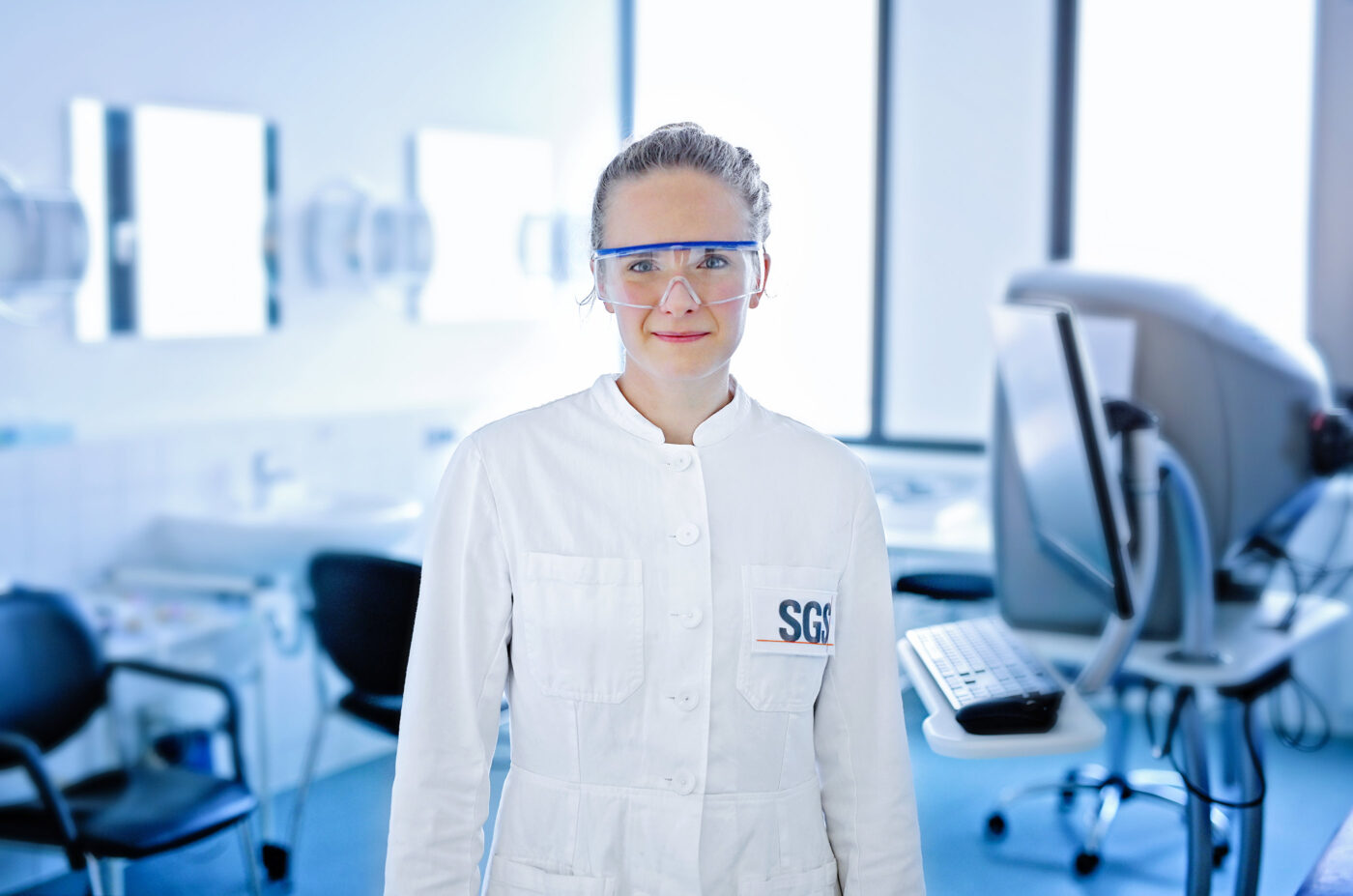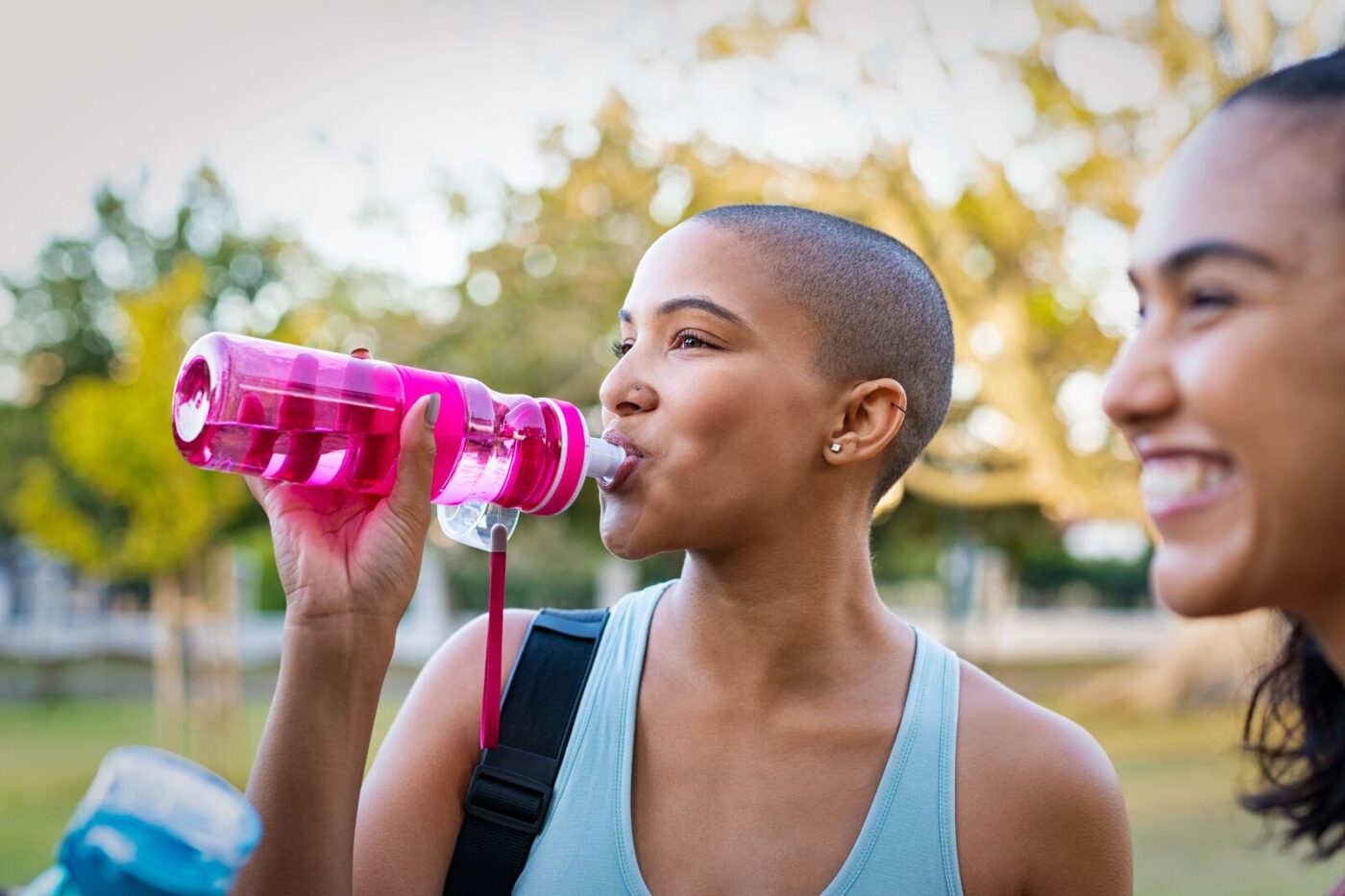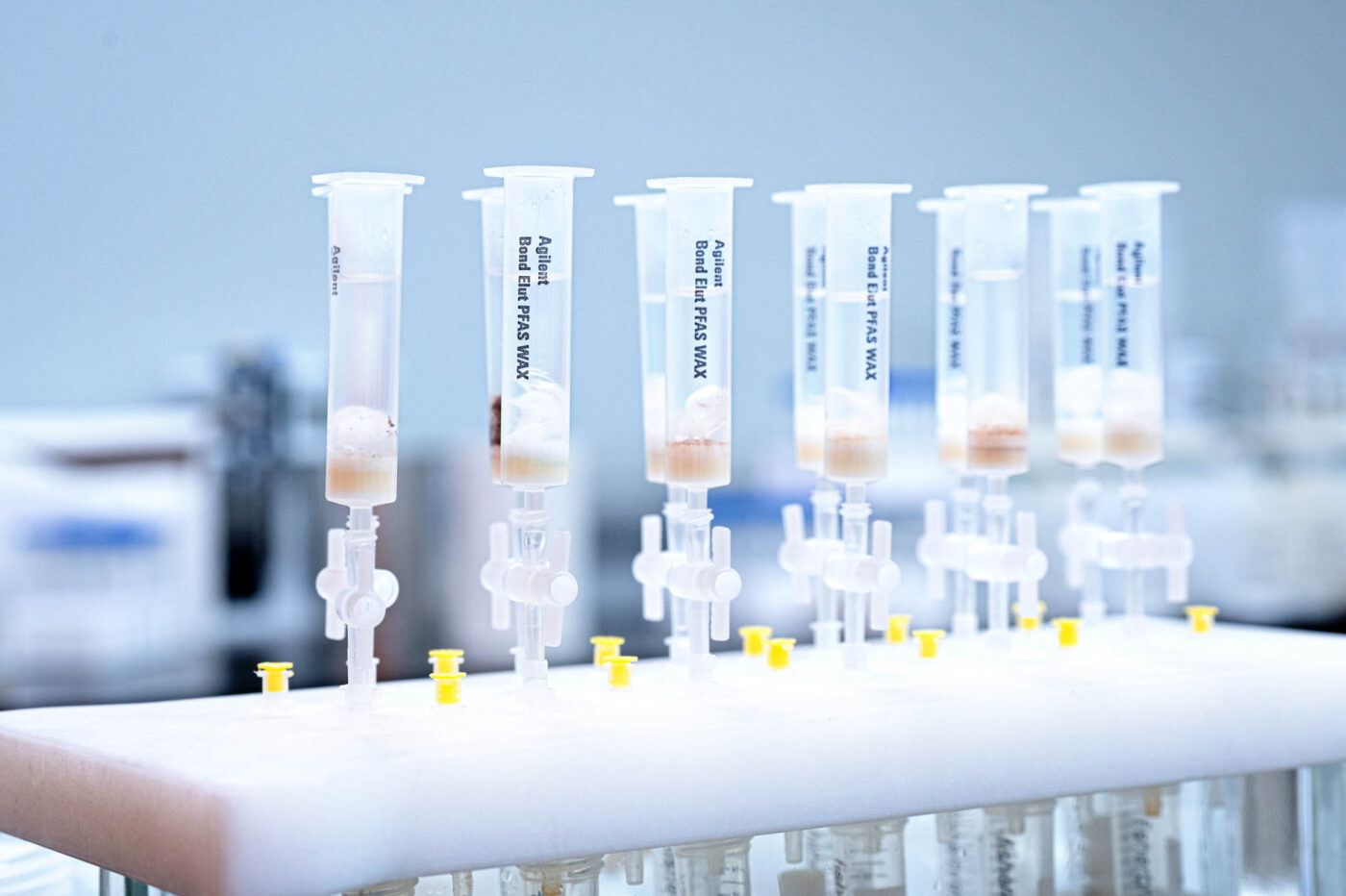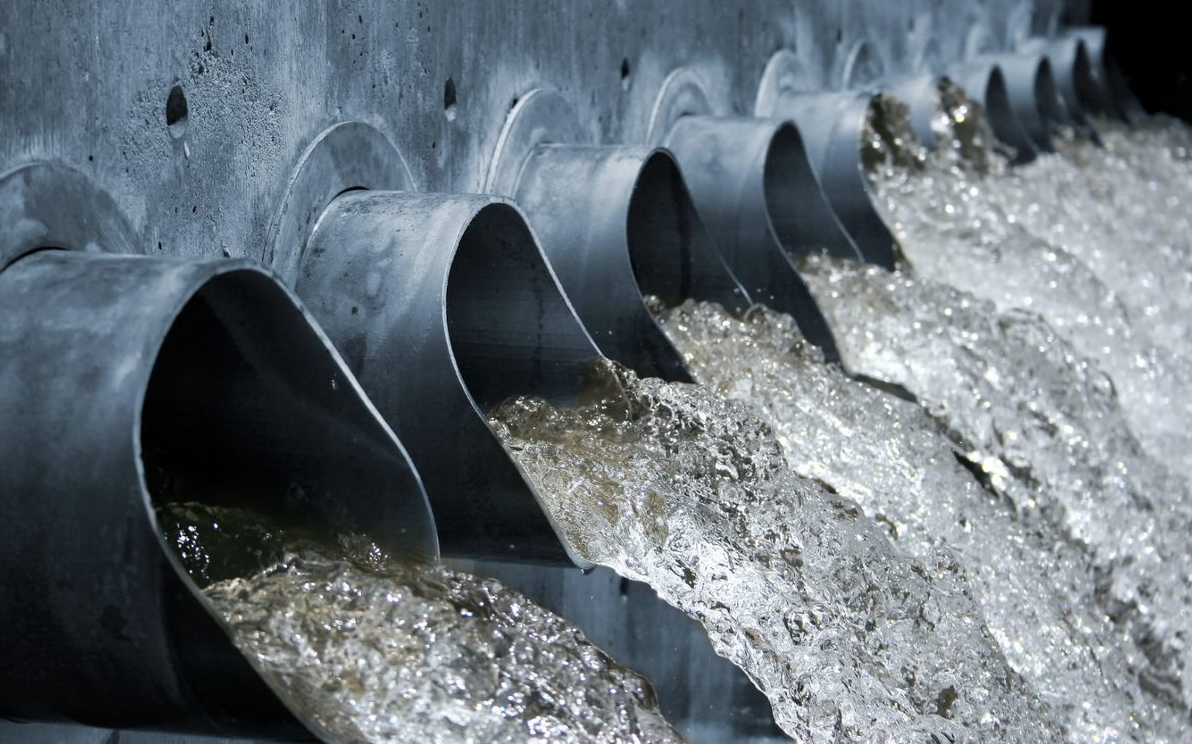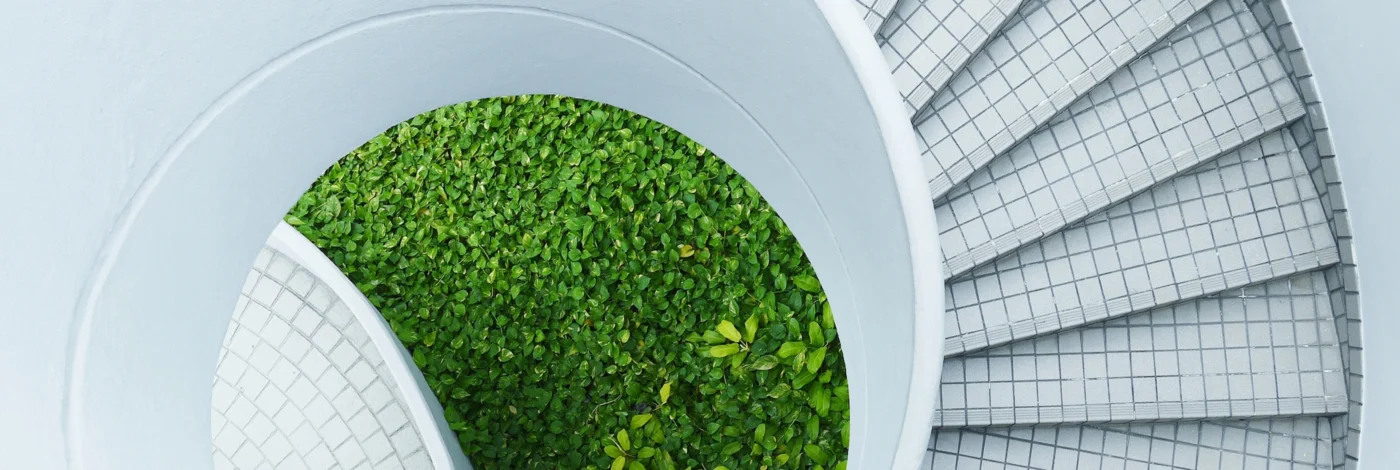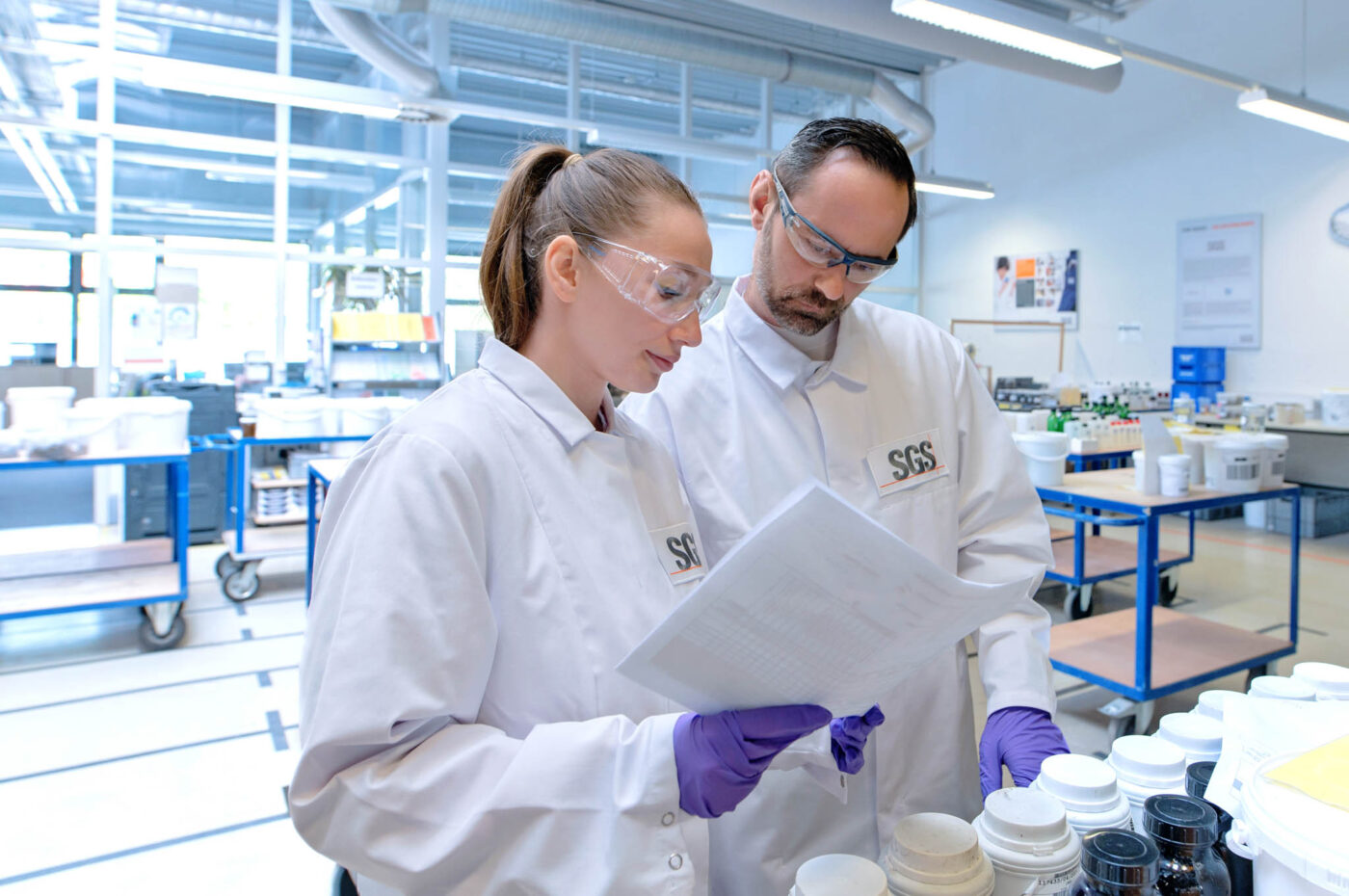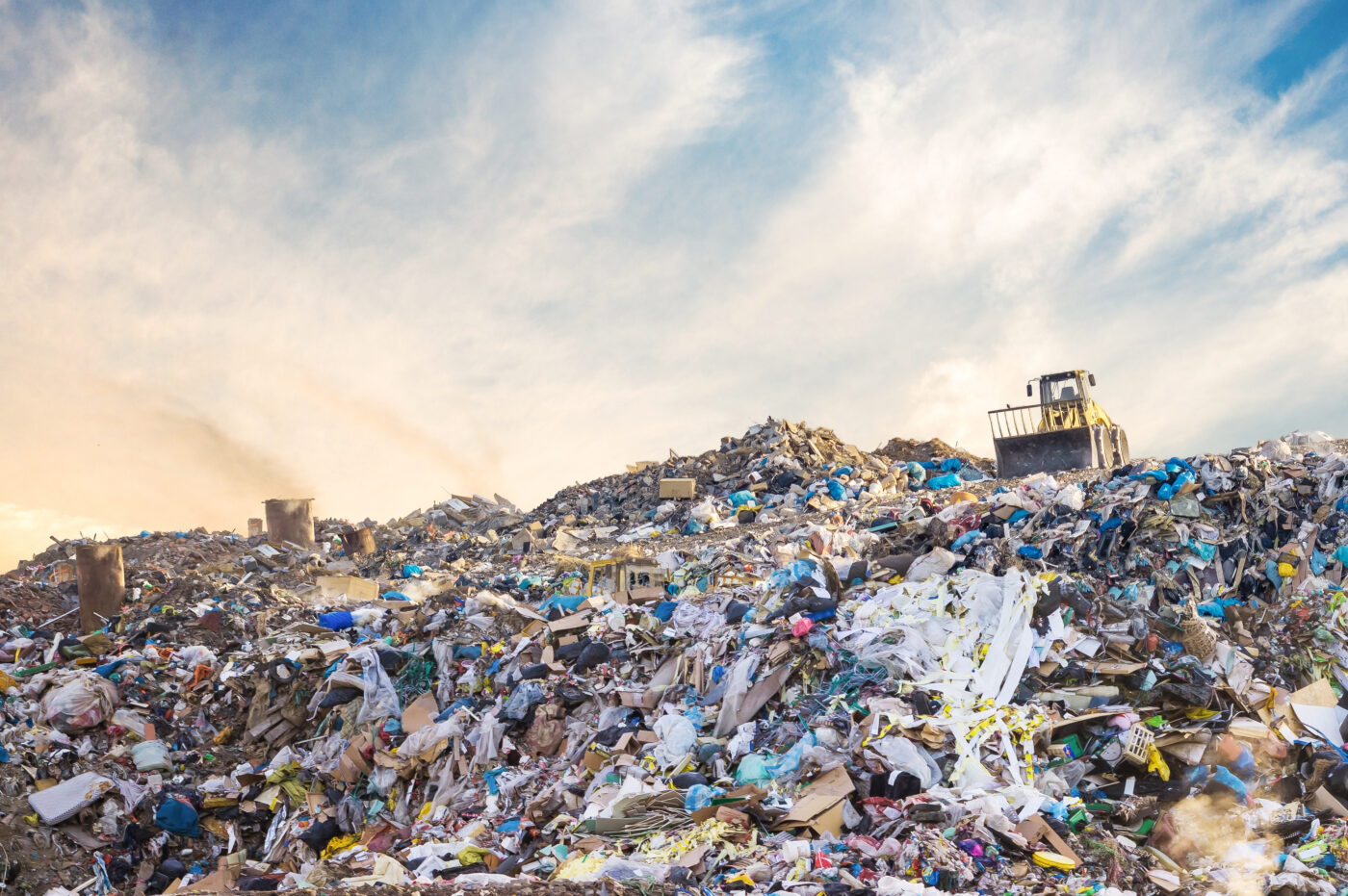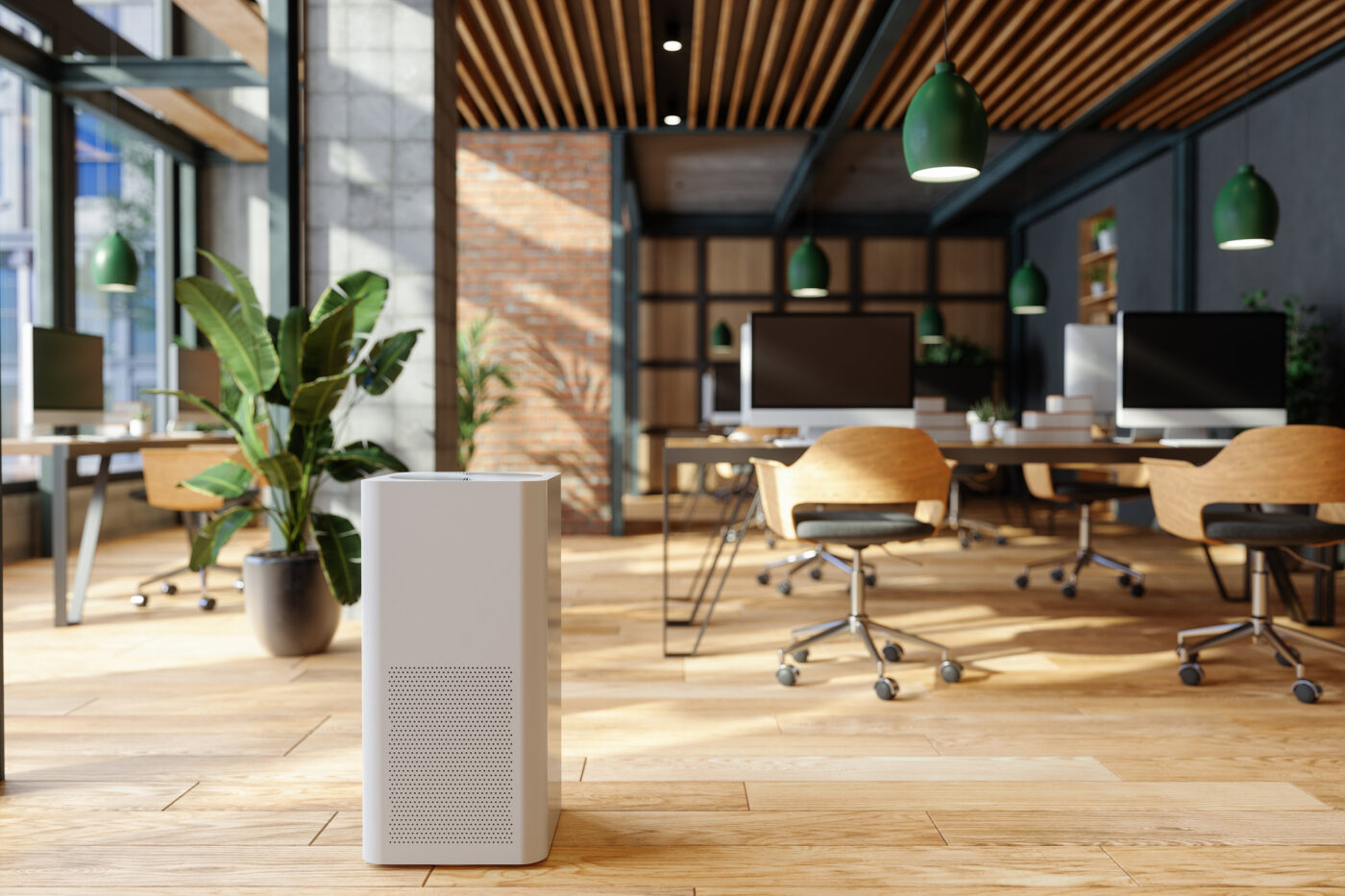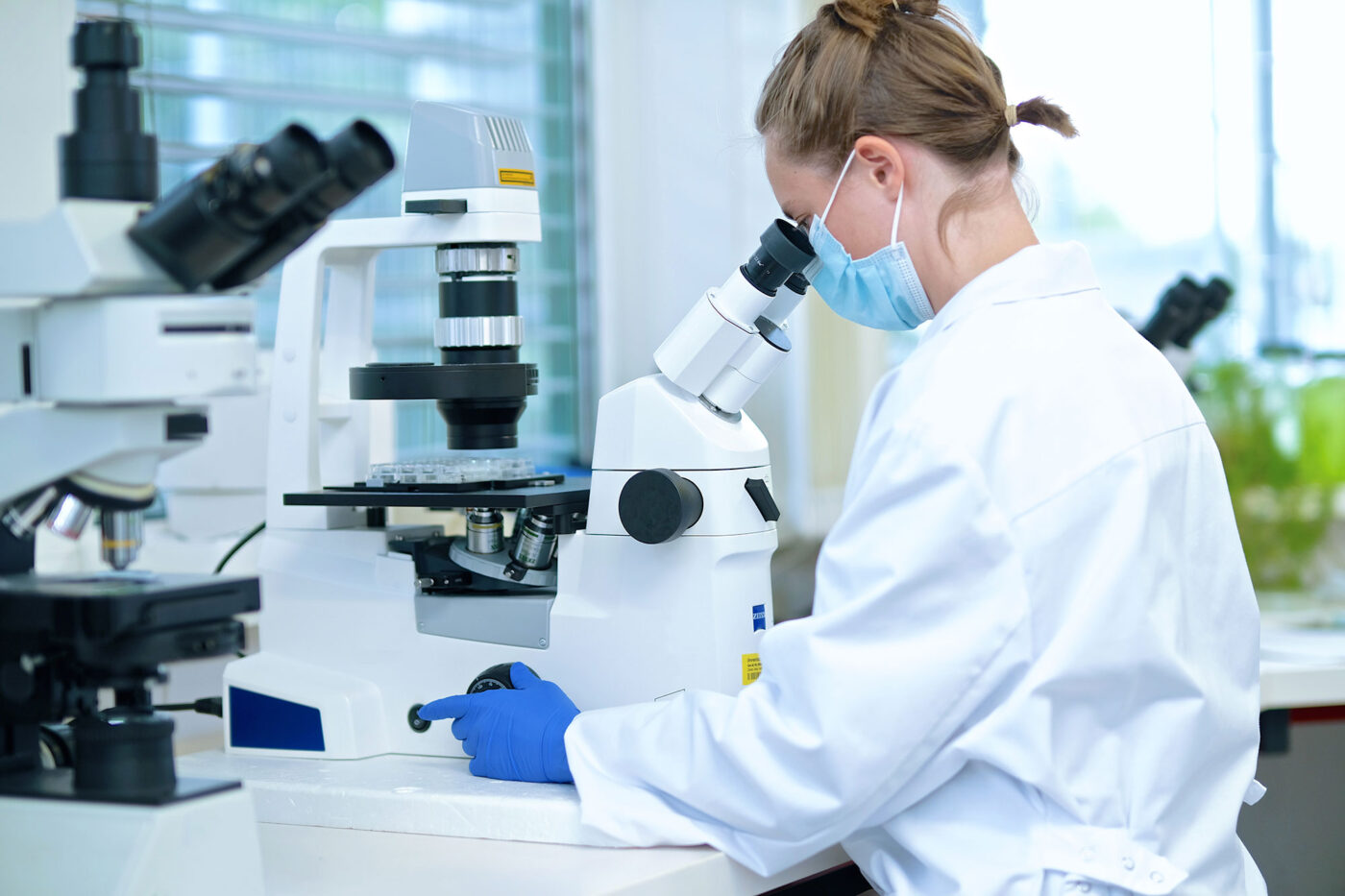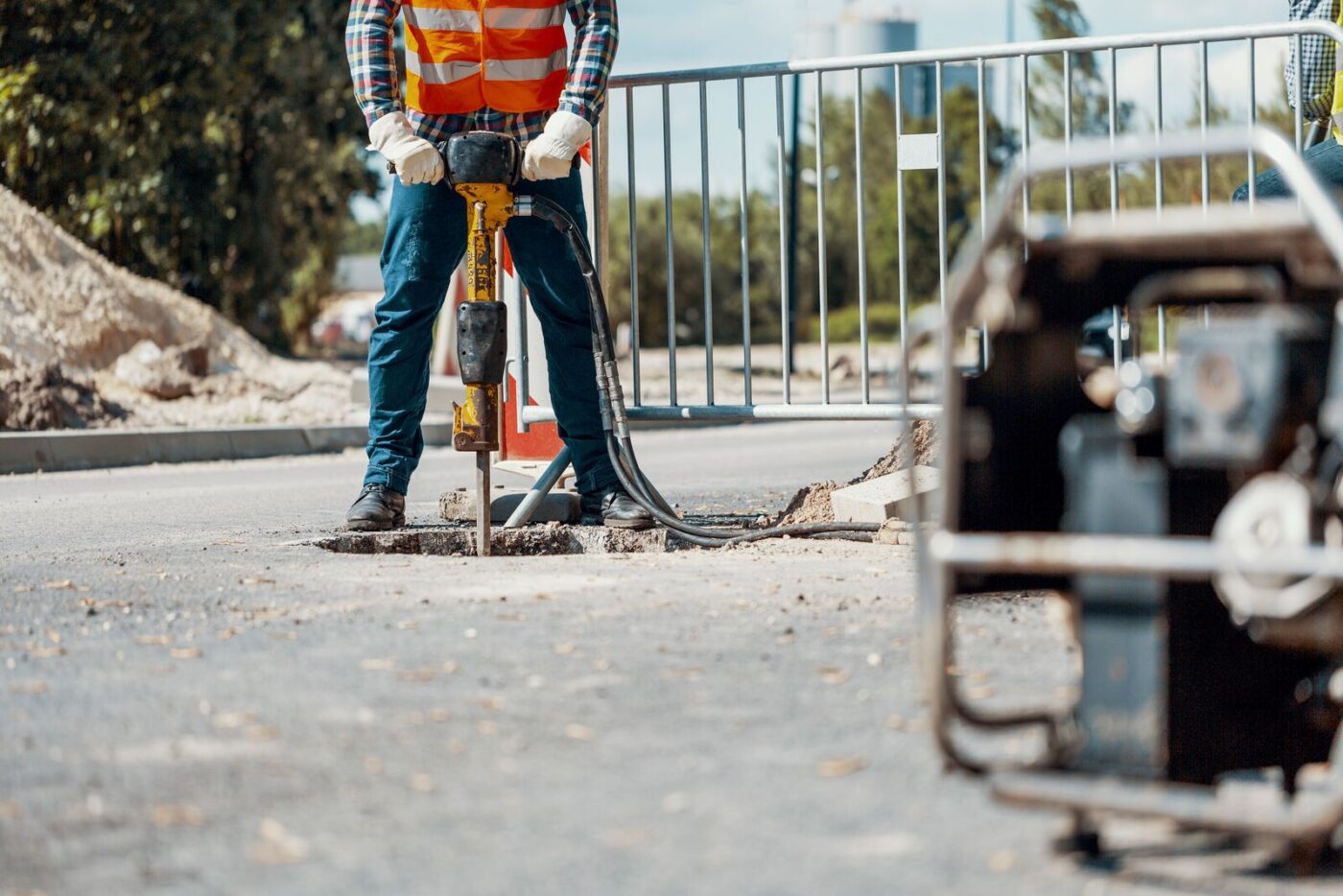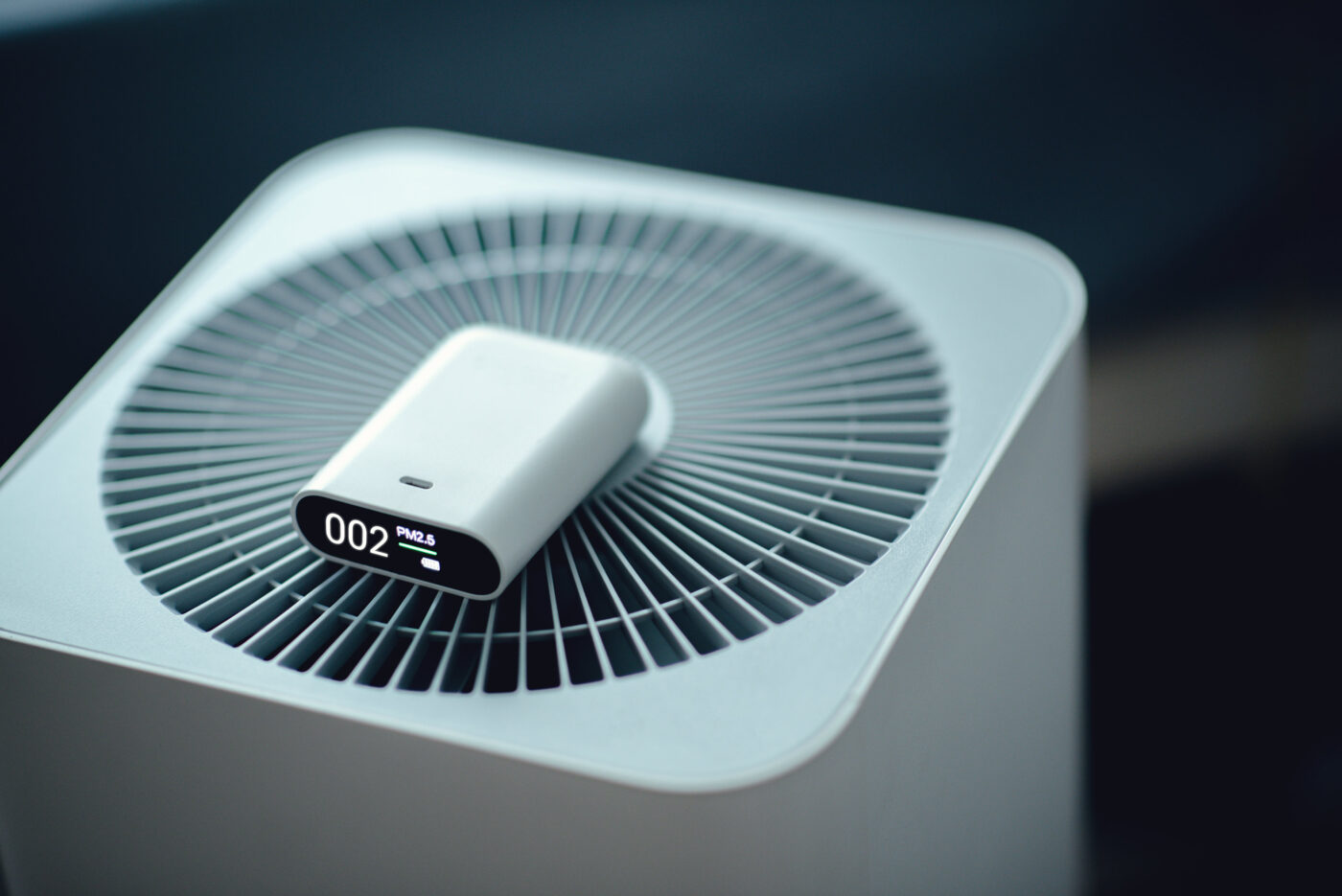Technical Support Services and Programs
We provide a suite of specialized services to support our clients across a range of operational and regulatory needs. Our program support services offer access to a network of federally accredited laboratories, delivering high-quality environmental testing and analysis for water, soil, air, waste, and tissue matrices. These services are backed by advanced technology and a commitment to precision and reliability.
- Our Technical Seminars in both the US and Canada provide valuable training and insights into emerging industry trends and best practices.
- SGS’ Method Development made us the go-to laboratory for new methods.
- Reduced Sample Volume Technology (RSV) Makes Sampling Easier, Faster, Safer and More Cost Effective.
- SGS’ Field Services Department offers Occupational Safety and Health Administration (OSHA) certified sampling technicians to support environmental projects.
Together, these offerings ensure our clients receive comprehensive, dependable support tailored to their unique challenges.
Technical Seminars Program
Enrich your team’s knowledge skill base to meet your goals with SGS’s free technical seminars.
SGS provides clients ongoing training to share expertise and best practices in analytical chemistry. Through our Technical Seminar Program, you receive custom workshops to suit and accommodate your team’s schedule and your project needs. Topics are diverse, including maximizing your interactions with SGS, data analysis/management, QC and current environmental issues.

Available Seminars:
To request any of these seminars or to suggest a seminar not yet availalbe, please contact us.
SGS Method Development
SGS has developed and validated many EPA methods over the years
The industry-leading SGS team of Ph.D. chemists and research scientists have decades of successful experience developing methods to solve our clients’ unique needs. The quality of our analytical approaches has been recognized by many key agencies and our methods are the backbone of multiple US EPA methods including 1668 for PCBs.
We bring this unique ability to deliver validated methods to our industry, government, and academic clients. Most recently, we have introduced exciting ultra-trace GC-MS/MS capabilities to dioxin, PCB and pesticide analysis and are working on validating the isotope dilution method for PFAS analysis in all environmental matrices.
Our Capabilities & Approach
We are a full service targeted mass spectrometry method development laboratory. We use our research expertise to review literature for related studies, and we translate that knowledge and our own experience with the compounds or related problems to develop a method that will accomplish the goal. Then, we test and optimize each component of the method to ensure its validity and overall performance.
We validate and compile that method into the tools necessary to conduct that analysis in a repeatable, defensible manner with QA/QC standards. If required, we seek accreditation for the method.
Our analyst team helps you leverage that method to get the data and insights you need from your research initiative. Finally, our scientists regularly collaborate with our clients to produce posters, presentations and peer-review publications on the methods themselves or the innovative projects where they are used.
Skilled scientists to oversee and perform your development, and lead/support with data analysis, report, peer-review articles, and presentations.
Fully validated isotope dilution methods for the sample matrix you need, in the concentrations, ranges, expect, always tested for robustness with real and representative samples.
Methods designed for purpose including custom target analyte lists to help you manage the overall cost of research.
Methods that incorporate best in class QA/QC protocols for unparalleled data quality and potential ISO-17025 / EPA-1600 accreditation.
Reduced Sample Volume
SGS Reduced Sample Volume Technology (RSV) Makes Sampling Easier, Faster, Safer and More Cost Effective
SGS continues to innovate, providing you the most precise and defensible data with cost effective and environmentally friendly solutions. For routine water, and now soil sampling, our Reduced Sample Volume (RSV) technology helps you meet or even exceed demanding regulatory requirements while minimizing sample volumes collected and transported. RSV procedures are validated and maintain the same reporting limits and compliance as with larger bottles.
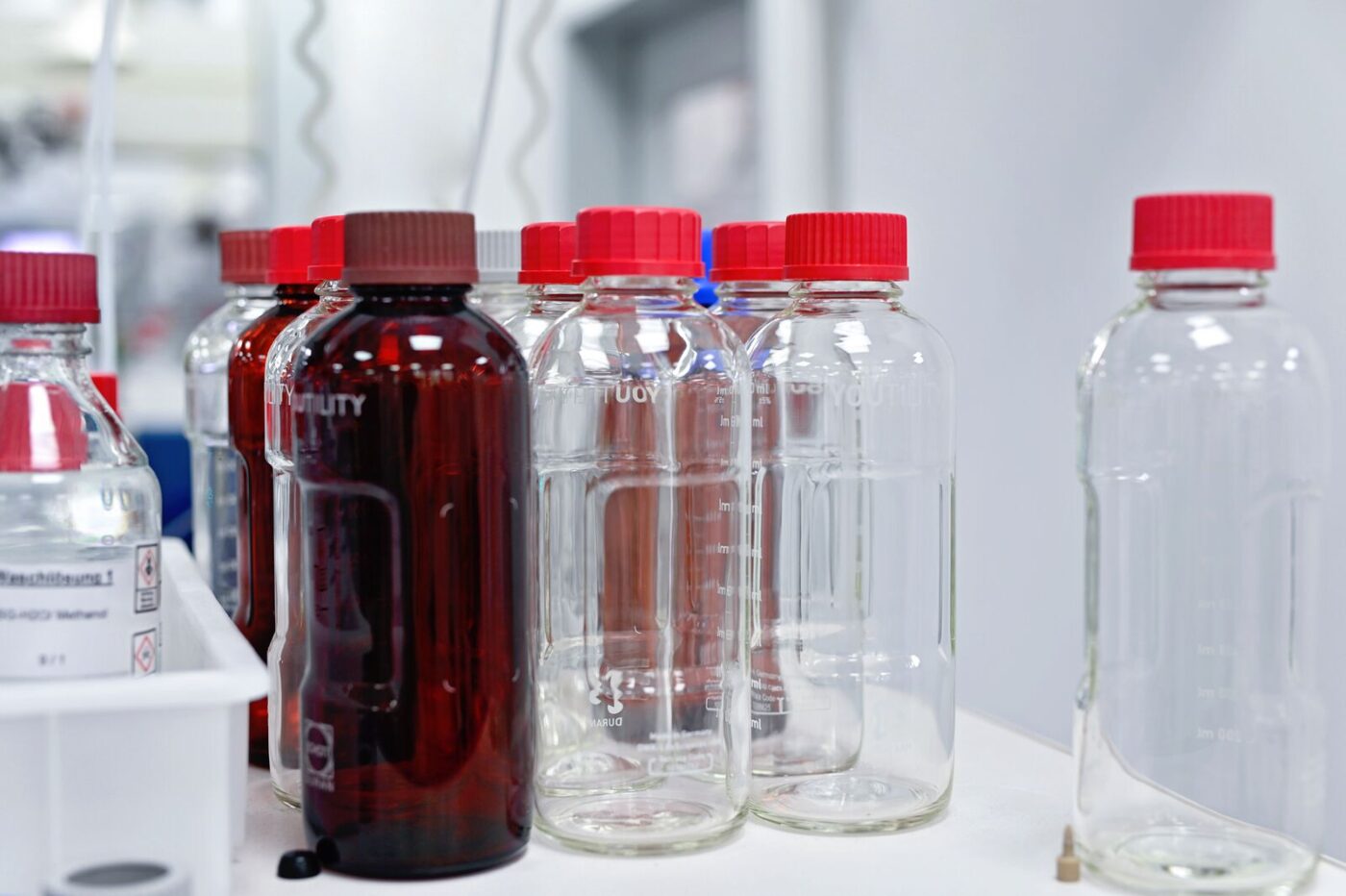
Reduce Expenses and Save Time
The Reduced Sample Volume initiative offers many benefits including:
- Reducing solvents by lowering toxic solvent usage by up to 90% compared to traditional methods
- Promoting health and safety by minimizing exposure to harmful solvents
- Saving on transport, handling and disposal by requiring lighter coolers for reduced shipping and fuel costs, using smaller containers and producing less sample waste to dispose, making transport to and from the field easier
- Needing less sampling time as Reduced Sample Volume technology helps you minimize sampling and process management time
- Using smaller bottles provides significant time savings in the field, especially when sampling from low-flow wells
- Improving data quality using the latest cutting-edge equipment and instrumentation, paired with our specialized team of technical analysts, providing operational efficiencies while improving precision and accuracy
Accredited and Permitted
The National Environmental Laboratory Accreditation Program (NELAP) forms the foundation of our stringent Quality Assurance Programs. This enables SGS to hold multi-state accreditations and certifications that conform to a national standard. SGS has also received Department of Defense Environmental Laboratory Accreditation (DoD ELAP) and ISO/IEC 17025:2017 Certificate of Accreditation from the certificate of Accreditation from the ANSI National Accreditation Board (ANAB) to perform environmental testing in support of environmental restoration programs.
See our accreditation listUtilizing smaller sample volumes results in approximately 90% less solvent use while maintaining the same reporting and method detection limits that were achieved with the larger volumes. SGS Reduced Sample Volume technology is permitted by regulatory agencies when using SW846 methodologies. Specifically, SGS has adapted the methods listed in the table below:
Summary of Bottleware Changes
Dayton, New Jersey Laboratory
|
Method |
Current |
RSV |
|
Acid Base Neutrals (Method 8270 Scan and SIM) |
1 Liter |
250 mL |
| Acid Base Neutrals (Method 625) |
1 Liter |
250 mL |
|
Pesticides (Method 8081 and 608) |
1 L or 300 mL |
250 mL |
|
Polychlorinated Biphenyls (Method 8082 and 608) |
1 L or 300 mL |
250 mL |
|
Diesel Range Organics (Method 8015 DRO) |
1 L or 300 mL |
60 mL |
|
Herbicides (Method 8151) |
1 L or 300 mL |
250 mL |
Scott, LA Laboratory
|
Method |
Current |
RSV |
|
NEW! Soil |
||
|
Total Petroleum Hydrocarbons – GRO/DRO/ORO (Method 8015) * |
1x 4oz jar + 3x terracore/encore | 3x 60ml vials plus 1x 2oz moisture jar |
|
Aqueous |
||
|
Total Petroleum Hydrocarbons – GRO/DRO/ORO (Method 8015) |
3x 40mL vials + 2 x 1 L | 3x 60mL amber vials |
|
MADEP Extractable Petroleum Hydrocarbons |
2x 1L | 3x 60mL amber vials |
|
Polyaromatic Hydrocarbons (Method 8270) |
2x 1L | 2x 100mL packers |
|
Acid Base Neutrals (Method 8270) |
2x 1L | 2x 100mL packers |
*Pending LA DEQ (LELAP) accreditation
Special Requirements May Require Larger Bottles
When lower than normal detection limits are needed to meet special regulatory requirements, traditional sample volumes may still be needed. Additionally, Reduced Sample Volume is not allowed at this time for 40 CFR 136. Samples for these methods must still be collected in traditional containers. Please discuss regulatory criteria and reporting limit requirements with your SGS representative when ordering bottleware so that the appropriate size containers can be provided.
SGS Reduced Sample Volume technology makes your routine water sampling, easier, safer, faster, more cost effective and environmentally friendly. Connect immediately with us with questions or to order.
Contact UsSGS Field Services
SGS’s Field Services Department offers Occupational Safety and Health Administration (OSHA) certified sampling technicians to support environmental projects. SGS has the capacity to fully equip and mobilize teams utilizing the appropriate level of protection to accommodate project safety requirements.
Our technicians have extensive experience in the sampling of groundwater, surface water, soil, hazardous waste and air. Our sampling teams have been successfully audited by Federal and State regulatory agencies. The teams are accredited for the “analyze immediately” parameters (pH, specific conductance, temperature, residual chlorine and dissolved oxygen) to ensure accurate measurements in the field. The following field sampling equipment is utilized by the field services team:

Our Field Services provide:
- Comprehensive Sampling Expertise: Expertise in groundwater, surface water, and sediment sampling.
- Regulatory Compliance: Adherence to USEPA and state protocols for collection methods, preservation, and chain of custody.
- Quality Assurance: Robust QA/QC procedures, including field blanks, duplicates, and meticulous documentation.
- Flexible Solutions: Customized services to meet project-specific requirements, supported by a dedicated team of field experts.
Capabilities
- Groundwater and leachate monitoring
- Low flow evaluation and sampling
- Hazardous waste sampling
- Surface water sampling
- Sediment collection (core and grab)
- Wastewater sampling and flow monitoring
- Landfill gas migration surveys
- Clean Hands – Dirty Hands sampling (Method 1669 for low-level mercury)
Why SGS for your Testing Needs?
- Global Reach, Local Expertise: A worldwide laboratory network backed by local knowledge to meet your needs.
- Regulatory Compliance: Expertise in regional and international guidelines, including EPA, CCME, and more.
- Customized Analytical Plans: Tailored testing protocols to address unique project challenges.
- Proven Track Record: Decades of experience delivering high-quality data to industries across North America.
